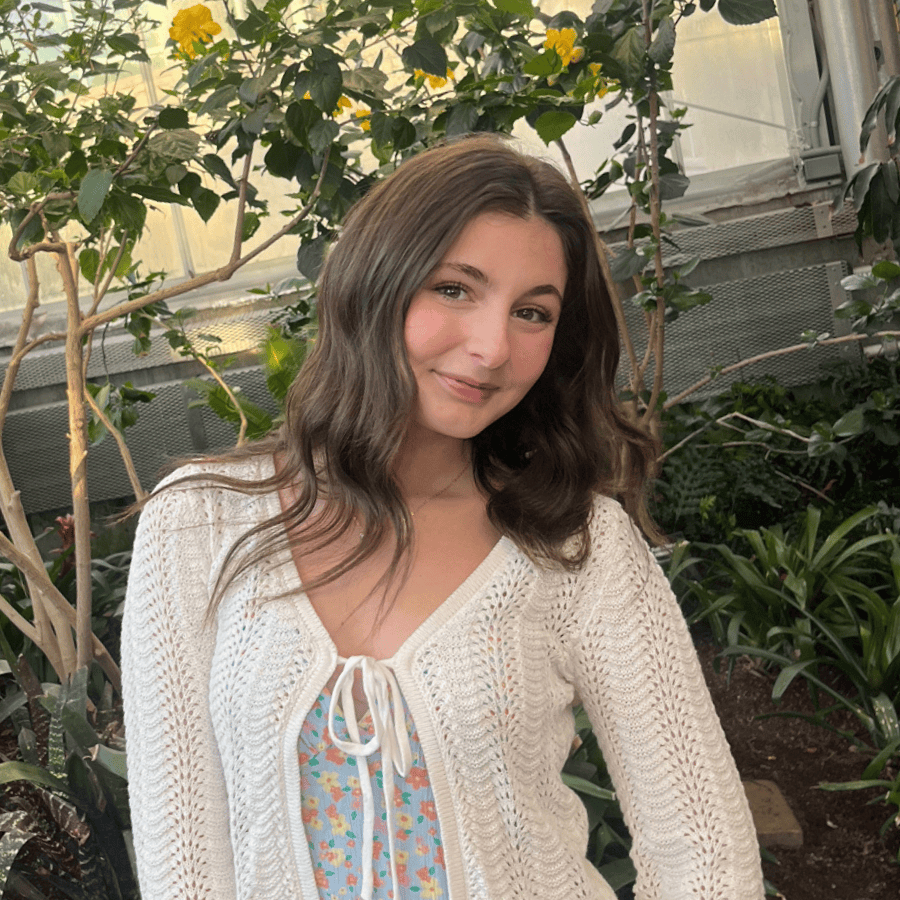Biography
Caitlyn Homolya is a passionate and driven student journalist at the University of Utah, dedicated to becoming a professional journalist. Whether covering campus events, sports or local politics, Caitlyn aims to inform, challenge and inspire readers. Outside of writing, Caitlyn loves to hike, read, hang out with friends and listen to true crime podcasts.
Reporter's Notebook
I entered this reporting process assuming that conversations about transgender athletes in women’s sports would be polarizing or avoided. I discovered that these conversations are ongoing and foundational in many of Utah’s semi-pro and club sports communities. Teams like the Utah Wild and the Utah Falconz built acceptance into their mission from day one. I had also assumed there would be more top-down enforcement of policy, but the athletes and league leadership themselves drive much of the progress.
What surprised me most was how unified these teams are around their values, even when facing legislative pressure or public scrutiny. I expected to hear about internal debate or division, but instead, I found consistent support for transgender and nonbinary athletes.
Acceptance of trans athletes isn’t a fringe stance in Utah’s sports scene—for many leagues, it’s central to how they define fairness, which is a nuanced concept shaped not solely by biology but by access, coaching, opportunity and the strength of support systems surrounding each athlete.
Many of the athletes competing on these teams work full-time jobs and still commit to rigorous practice schedules, late evenings, weekend tournaments and cross-state travel while funding gear and travel themselves. Also, there’s deep camaraderie—these teams don’t just tolerate differences; they celebrate them.
I can see this story being expanded beyond the written word. Podcasts are a great way to start by having intimate, unfiltered conversations with athletes about what acceptance looks like on the field.
These interviews opened up more information for me as a journalist. It’s not about erasing differences but recognizing that athletic success isn’t determined by biology alone. It’s shaped by access, opportunity, coaching and community. Because this topic is personal for so many, trust was essential. I made sure to create space for nuance and didn’t rush anyone’s story. The biggest challenge for me was navigating the emotional weight of the topic. I wanted to do justice to people’s lived experiences without reducing their stories to just the issue of identity.

